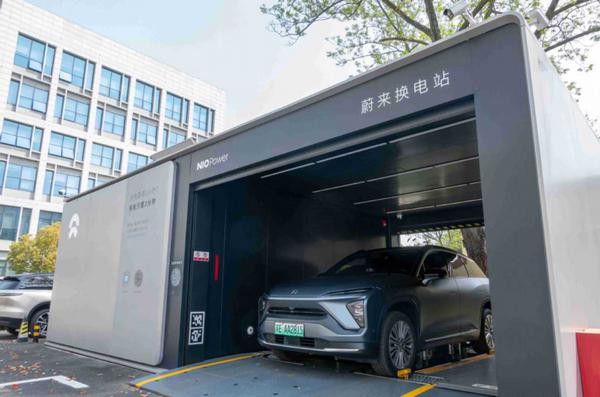
A Nio SUV parks up in a battery swapping station in Suzhou, Jiangsu province. (Photo provided to China Daily)
Researchers at Fudan University in Shanghai have developed a technology that could dramatically extend the life span of lithium-ion batteries, allowing them to maintain near factory-fresh performance even after 12,000 charge-discharge cycles.
The breakthrough could have significant implications for electric vehicles, smartphones and China's large-scale energy storage infrastructure, the researchers said. For example, electric vehicle batteries typically last for 1,000 to 1,500 cycles, or about six to eight years, with cold temperatures accelerating their degradation.
Led by Peng Huisheng and Gao Yue, the research team devised a novel lithium-ion carrier molecule using artificial intelligence and organic electrochemistry. Researchers likened the molecule's function to medical treatment for batteries, replenishing lost lithium ions and restoring capacity instead of declaring batteries defunct.
"This carrier molecule can be 'injected' into deteriorating batteries to precisely replenish lost lithium ions, providing a 'precision treatment,'" Gao said. "The structure of this molecule is quite simple, with lithium electrons at one end and the rest of it acting like a vehicle that transports lithium electrons into the aging battery. The vehicle component is eventually discharged as gas."
The researchers also broke new ground by developing battery materials that do not need to contain lithium ions, potentially enabling the use of greener, heavy metal-free materials.
They anticipate the technology could increase the life of typical lithium-ion batteries from the current 500 to 2,000 cycles to between 12,000 and 60,000 cycles, an unprecedented milestone in battery research.
A paper on the research was published on Thursday on the website of the journal Nature.
Experts explained that a lithium-ion battery consists of a cathode, anode and active lithium ions in between. A battery "retires" when it loses too many of these ions.
"Our approach is to retain the cathode and anode, which are still functional, while addressing the problematic part," said Gao, a co-corresponding author of the paper. "We aimed to develop a transformative functional material that provides precise lithium-ion replenishment to significantly extend a battery's life span."
To design the lithium carrier molecule, the team used AI and chemical informatics to digitize molecular structures and properties. They built a database and employed unsupervised machine learning for molecular recommendation and prediction, ultimately synthesizing a molecule known as CF3SO2Li.
After verifying the molecule met stringent performance requirements and was cost-efficient to synthesize, the researchers said they completed principle validation and had collaborated with a leading domestic battery company to test the technology on real lithium-ion battery devices.





















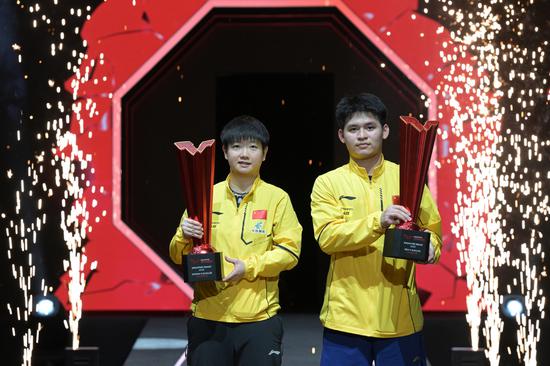

















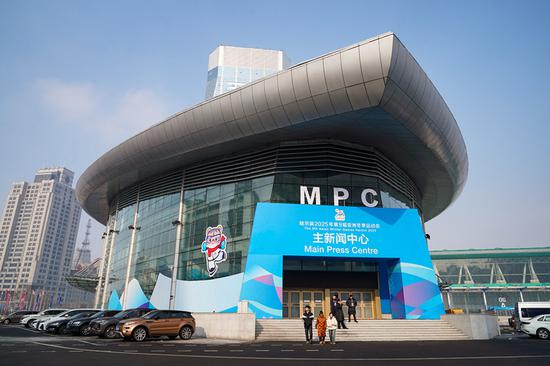

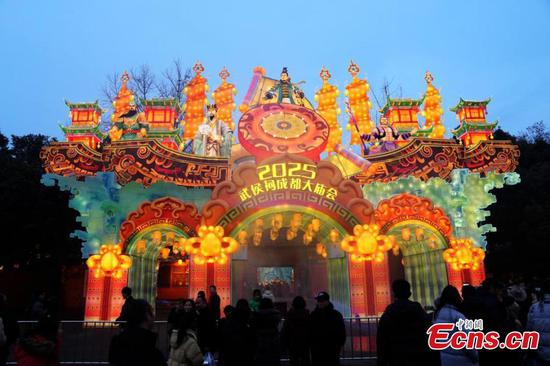


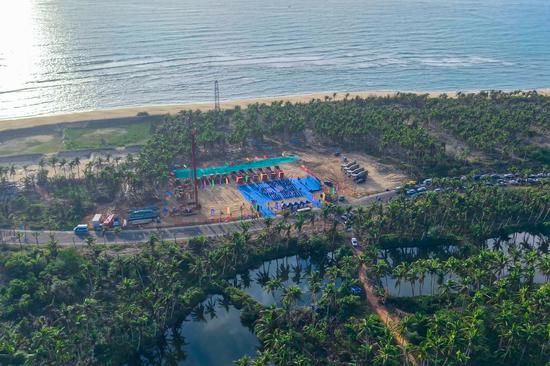

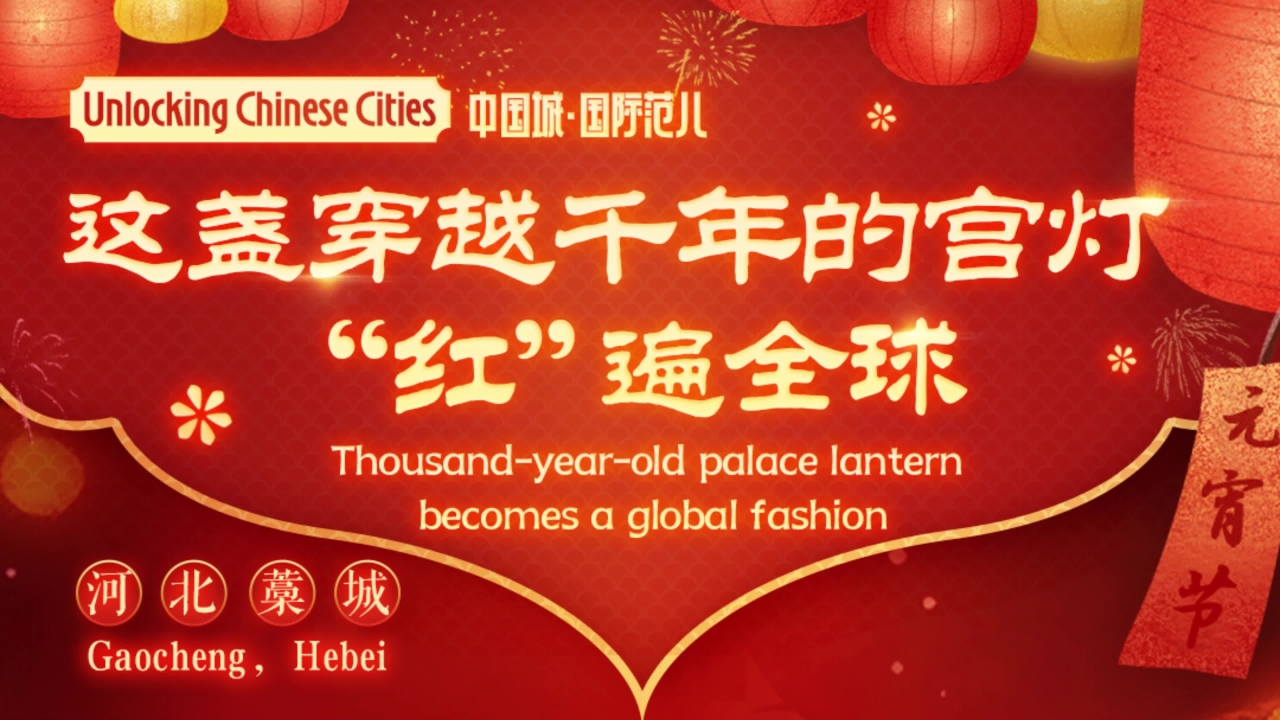

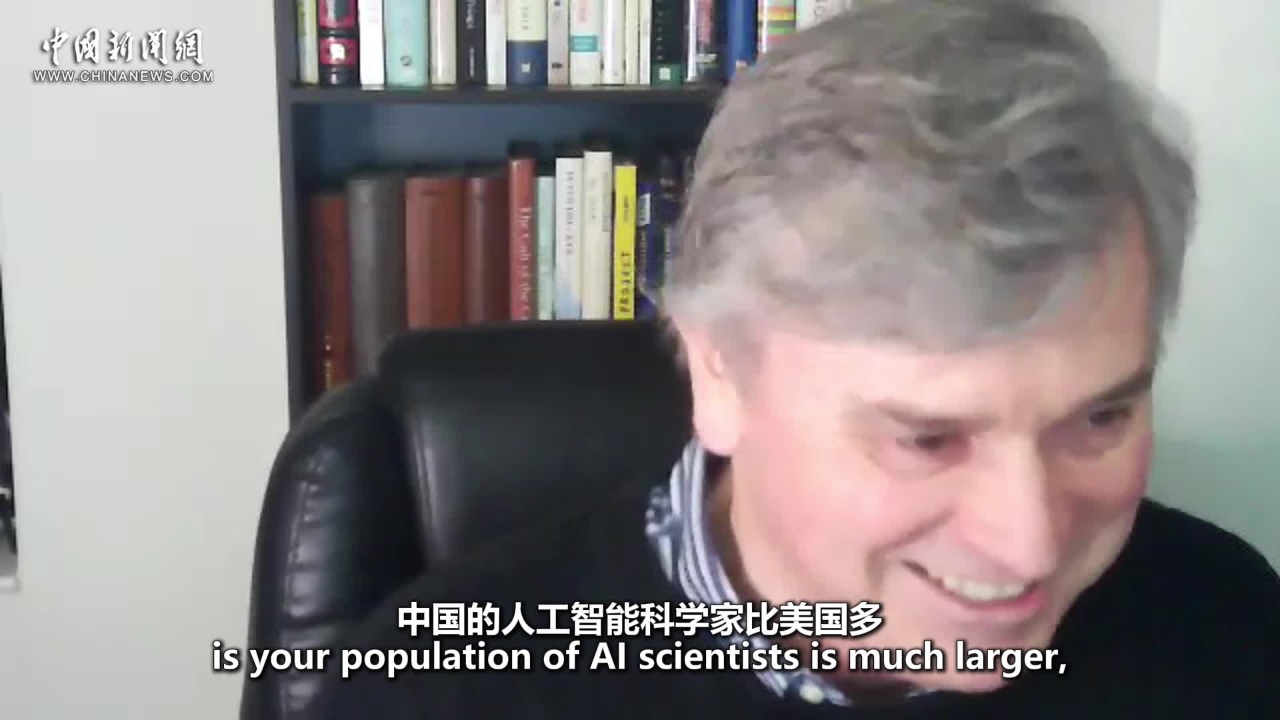

 京公網安備 11010202009201號
京公網安備 11010202009201號